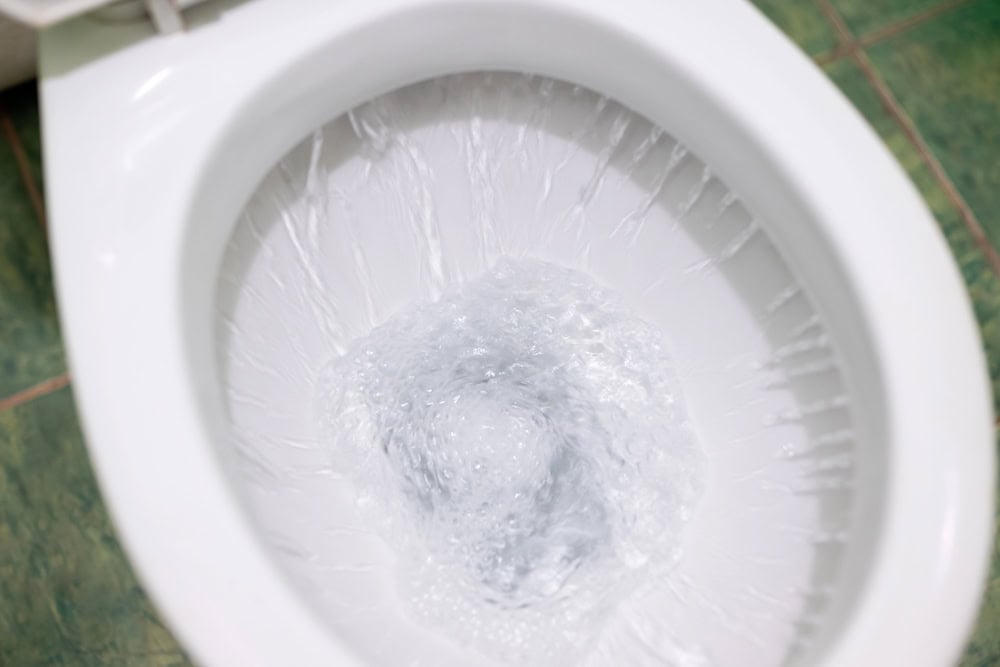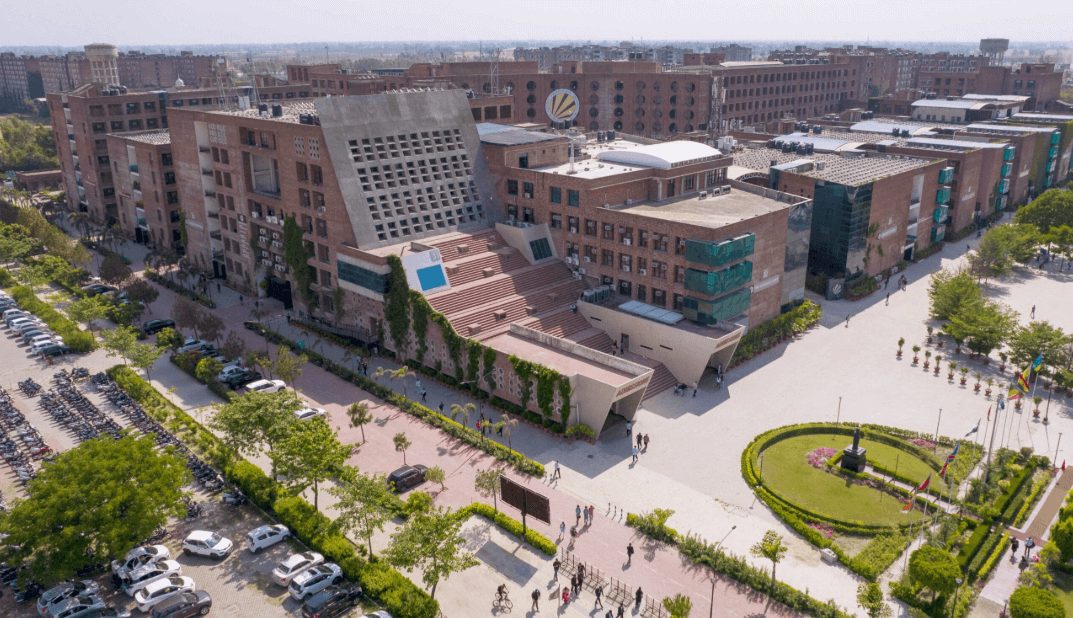According to recent data, a single person household in the United Kingdom uses 149 liters of water per day. When two people are living in one home, that number rises to 276 liters. With so much water being used all over the UK with every passing moment, it’s crucial that our wastewater management systems work effectively and efficiently.
And, with environmental concerns at the forefront of many people’s minds amid a backdrop of widespread debate about climate change and the role we have to play in that phenomenon, being able to treat and reuse our wastewater successfully is of increasing importance.
So, what is wastewater management, how does it work and what impacts can it have?

What is wastewater management?
Wastewater management is the process by which pollutants and impurities are removed from water that has already been used or altered in some way. The majority of wastewater comes from domestic use such as baths, showers, washing machines and dishwashers; agricultural use from the likes of pesticides, animal waste or runoff from crops; and industrial use to clean up water that has been used in factories and other manufacturing plants.
How does the wastewater treatment process work?
- Wastewater works its way through the drainage and sewage system to a water treatment plant.
- Once there, work is done to remove any foreign objects from the water that could affect the treatment process.
- A flow meter from RS Components can be used to measure the mass flow of the water, which is transferred to large tanks where the solid waste sinks to the bottom and forms sludge.
- That sludge is removed and treated separately and can be used as fertilizer in the agricultural industry.
- The remaining water is treated again using bacteria to break down any other contaminants.
- One final stage of treatment is done to make the water as clean and pure as possible before it is returned to the water table where it re-enters the cycle to go through the process again.
Why is wastewater management important?
According to a recent report, the wastewater treatment equipment market is to witness astonishing growth over the next five years, which could lead to crucial advances in the way we manage our wastewater. Without treatment, the contaminants in our wastewater can harm the wellbeing of humans, animals and wildlife while being able to treat it properly means the maximum amount can be reused and returned to the cycle. That, in turn, saves on waste and subsequently cuts costs and minimizes the environmental impact – something which is fast becoming the number one priority for government authorities all over the world.








